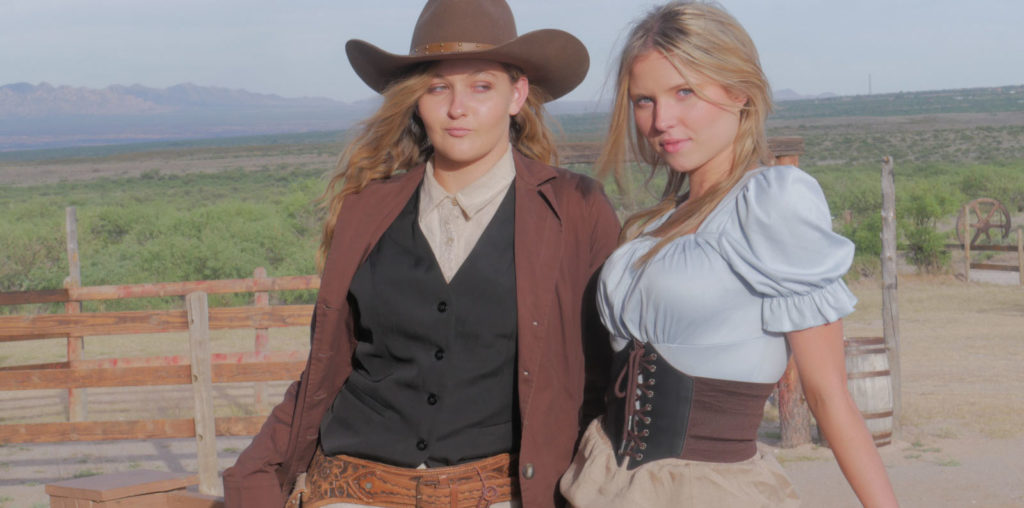
Let’s hear it for Criterion, which works tirelessly to ensure that classic films aren’t lost the way so many from the early days of cinema are now long gone. They’re a great company to track whether you’re a hardcore film buff or simply want to widen your appreciation of great cinema. Kenji Mizoguchi’s “Ugetsu” falls into either category, with the latter especially applicable if your only notion of Japanese film is Akira Kurosawa’s work.
While “Ugetsu” takes place in feudal Japan, Mizoguchi eschews the kind of large-scale battles Kurosawa was fond of, instead choosing to emphasize intimate human struggles set against a backdrop of historic change. The film tells the story of two peasants, Genjuro and Tobei, whose village is marked for invasion by an enemy warlord’s army. While Genjuro works feverishly to finish a large batch of pottery so he can sell it and provide much-needed income for his family, Tobei dreams of becoming a great samurai despite the fact that he has no training.
The two men flee with their families when the soldiers arrive, but they’re able to return and retrieve the pottery from the kiln. The families head to the city to sell the wares, but Genjuro eventually sends his wife and son back home, promising to be with them soon, while Tobei abandons his spouse when a chance encounter puts him in a position to make others think he really is a great warrior. While Tobei takes to his new role with gusto, Genjuro is invited to the mansion of a wealthy widow who takes an interest in his pottery. Both men soon discover that they’ve allowed themselves to be seduced by malevolent forces both internal and external, and they must figure out how to restore their original lives, if they can.
Mizoguchi’s film is a haunting parable that cautions us to be careful what we wish for, because we may receive it. Its message may seem trite to modern-day moviegoers who have heard it a billion times, but “Ugetsu” is still worth viewing simply to appreciate its atmosphere and cinematography. One should also remember that it was made less than a decade after atomic bombs flattened Nagasaki and Hiroshama; Mizoguchi was clearly commenting on the folly his country engaged in during World War II.
Criterion’s two-disc release of this film pulls out all the stops. It should be a delight for Mizoguchi fans as well as a thorough education for viewers who aren’t familiar with him. Included in the cardboard slipcase is a beautiful 70-page book that features an essay about the movie as well as the short stories on which it was based. Criterion often includes such materials in its DVDs; they’re a welcome supplement to the wealth of video extras.
I’ll get to the extras on disc one in a moment, as I think the 2.5-hour documentary on disc two is worth highlighting first. Titled “Kenji Mizoguchi: The Life of a Film Director,” this Kaneto Shindo documentary travels Japan talking to many people about their relationships with a man who passed away in 1956. Shindo gets many of them to speak frankly about Mizoguchi, a tactic that may not mean much to Americans but is a huge deal in a culture that emphasizes humility as a virtue. While I’m no expert when it comes to Japanese cinema, those of you who are more familiar with that industry will likely appreciate the breadth of interview subjects presented here; it’s a veritable “who’s who.”
Coming back to disc one, we have a commentary track from critic Tony Rayns, who worked for over a decade on a Mizoguchi biography. He offers a wealth of additional information about the director, as well as plenty of trivia about “Ugetsu.” Also included are three interviews running between 10 and 20 minutes each. The one with director Masahiro Shinoda covers the film’s impact on Japanese film while the other two, featuring the first assistant director and cinematographer for “Ugetsu,” add more information about the making of the movie.
We also get three trailers, two in Japanese and one in Spanish, although the third one isn’t complete.
